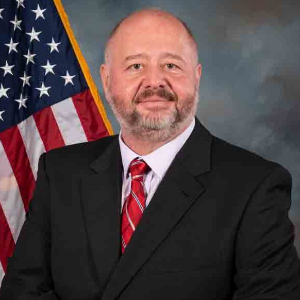Title : A solution to the clearance problem of sacrificial material in 3D printing of microfluidic devices
Abstract:
3D-printing is poised to enable remarkable advances in a variety of fields, such as artificial muscles, prosthetics, biomedical diagnostics, biofuel cells, flexible electronics, and military logistics. The advantages of automated monolithic fabrication are particularly attractive for complex embedded microfluidics in a wide range of applications. However, before this promise can be fulfilled, the basic problem of removal of sacrificial material from embedded microchannels must be solved. The presented work is an experimental proof of principle of a novel technique for clearance of sacrificial material from embedded microchannels in 3D-printed microfluidics. The technique demonstrates consistent performance (~40–75% clearance) in microchannels with printed width of ~200 μm and above. The presented technique is thus an important enabling tool in achieving the promise of 3D printing in microfluidics and its wide range of applications.
Audience Take-Away:
- Expand understanding of 3D printed microfluidics, its challenges and applications
- Learn about new capabilities applicable in multiple fields
- The presented research is relevant in both teaching and subsequent research
- The presented research contains a practical solution to a tough problem
- Presented solution has far reaching consequence to microfluidic design and engineering




